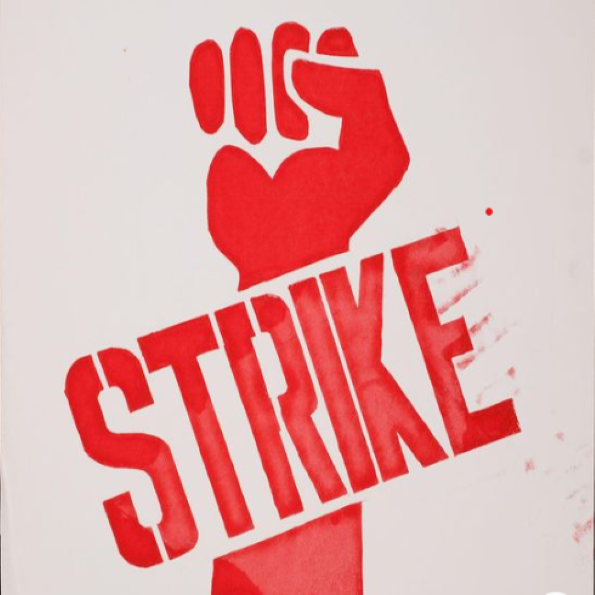Kenya’s Unlikely Race for Strike Supremacy

Photo Sourced From Pinterest
Kenya’s Unlikely Race for Strike Supremacy
For some time now Kenya’s reputation has been tarnished with an unlikely race for strike supremacy. From airports to schools, markets to hospitals, the country seems locked in a cycle of perpetual protest. This trend has many wondering whether Kenya is indeed vying to dethrone France as the global capital of industrial action in an unlikely race for strike supremacy.
France, long known as the strike capital of Europe, loses an average of 79 working days annually to strikes. Similarly, other nations like Italy, Cyprus, and Chile also frequently experience labour unrest. However, Kenya’s recent spate of strikes and demonstrations now threatens to overshadow even these typically protest-prone countries.
The list of recent strikes in Kenya is staggering. Recently, airport workers grounded flights and stranded passengers due to a planned buyout by India’s Adani Group. This development came on the heels of anti-tax demonstrations led by Gen Z youth, which brought the country to a standstill for weeks.
First, the medical sector experienced turmoil when clinical officers and practitioners laid down their tools. Subsequently, the education system faced disruption recently. This was because teachers’ unions KUPPET and KNUT initiated strikes over unimplemented agreements.
Even local markets have not been spared. Irate traders recently blocked major roads in Nairobi, protesting potential evictions. The chaos affected key arteries like Haile Selassie Avenue and Landhies Road, paralyzing parts of the city.
Although authorities often quell these strikes, they nevertheless rarely address the root causes. Like a tree not fully uprooted, the issues sprout again, leading to repeated cycles of unrest. The consequences are severe. Beyond service interruptions, strikes often result in loss of life and property damage.
The economic impact is equally dire. Indeed, a single day of strike action at Jomo Kenyatta International Airport can significantly dent Kenya’s GDP. This impact primarily occurs because airport fees contribute more than 5% to the nation’s economic output.
The frequency of these strikes raises alarming questions. How long can this continue? What underlying issues fuel this constant unrest? There’s a growing fear that if left unchecked, this protest culture might spread to unimaginable sectors, with even nature itself joining the fray in a surreal twist of fate.
The key to resolving this crisis lies in understanding its roots. What grievances drive Kenyans to such frequent protests? What questions remain unanswered? Therefore, how can the nation ultimately break this cycle of unrest once and for all?
One crucial step towards a solution is comprehensive research into the causes of strikes. Uncovering the unanswered questions and listening to the people’s voices is essential. Deploying a reputable insight-gathering company like Research 8020 Limited could provide valuable data to inform effective solutions.
The strike epidemic in Kenya demands urgent attention. Each day of unrest chips away at the nation’s stability, economy, and global reputation. The time for action is now. By addressing the underlying issues fueling this unrest, Kenya can ultimately hope to transition from a nation of perpetual protest to one of productive dialogue and progress.

There are no reviews yet.